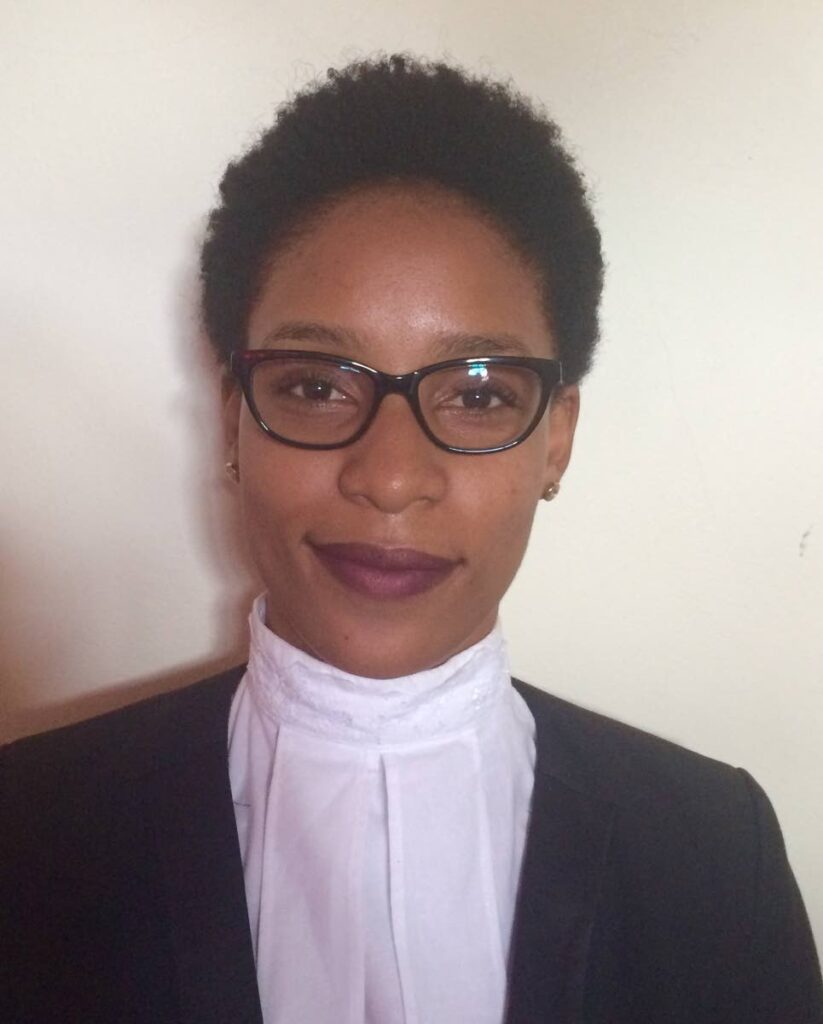The love-life balance

Kanisa George
LOVE, IT’S universal, it’s infectious, it’s sublime. It can also render you helplessly vulnerable, like the victim of a plague whose only cure is to remain captive to one’s spellbinding cocoon. When you’re wrapped up in the arms of love, it’s difficult to see beyond the allure of touch, pleasure and the insane amount of quality time spent bonding with your partner. Falling in love and the beautiful journey that often follows can sometimes feel like falling into a bottomless love pit.
This love-bond reality leaves very little room for anything else but you and your partner, and sometimes, without any real concerted effort, your love life can become the epicentre of your life.
Descending into the realm of coupledom can be the highest mark of an intimate relationship, and soon the routine of life, responsibilities and children can result in a cocoon-like existence, and the life you had before, and all the people in it, can quickly become a figment of your imagination.
After finding the one, the happily-ever-after narrative suddenly becomes our be-all and end-all, and we fail not only to prioritise but comprehend the importance of a love-life balance.
If you build a life with your relationship at the centre, everything else gets pushed to the perimeter, writes Faith Hill, columnist for the Atlantic.
She believes that not only is losing the balance in a relationship damaging for the individual, but it can also be damaging for the relationship and, by extension, society.
A love-life balance entails a healthy pursuit of love and romance without making it the focal point of your life. It is recognising that while developing a solid relationship with your partner is essential, fostering other relationships in your life can lead to a more fulfilling and healthier life.
When relationships end, an endless list of regrets often follows. One reoccurring theme of regret usually concerns the individual and how much of themselves “they’ve lost” on account of their relationship.
“I’ve given up so much to be with him.”
“I stopped spending time with the boys to stay home with mih gyal.”
As relationships progress, there is a natural shift in lifestyle. Suddenly, the time we once carved out for ourselves, friends and family now has to be restructured to include time spent developing romantic pursuits.
This comes as no surprise, but the deeper we fall into a romantic relationship, the time we spent with our partner becomes our most valuable asset.
We become obsessed with spending all of our free time getting to know each other better, especially those right in the thick of the honeymoon period; that time for others and ourselves doesn’t form part of the agenda.
Dr Mark Travers found that for new couples who have just discovered the joy of companionship and security, it is only a matter of time before they catch themselves doing everything together, from planning exclusive dates to doing daily chores.
As beautiful as this can be, it also comes at the risk of overriding other important relationships in your life, especially the relationship with yourself. Faith Hill writes that couples who lose a sense of the love-life balance are at risk of forgoing necessary support from friends and neighbours.
When we inadvertently fail to water our other relationships, especially with our inner selves, we become limited by the somewhat insular narrative we create.
Studies indicate that married people are less connected to their friends, siblings, parents and neighbours than single people are.
Hill found that the time you spend alone with your partner reduces the time spent deepening connections with friends and relatives or building new bonds. Significantly, it affects the time you spend relishing the pleasures of solitude or enjoying whatever interests are uniquely yours. Some researchers refer to the latter as a lack of a clear sense of who you are, which can destroy a relationship before it begins.
Psychologist believe that to truly have their needs met, apart and together, couples need to balance two elements, "relatedness" and "autonomy."
Prioritise developing your likes and interests and building a tribe of people other than your spouse and children. One writer believes that making time for yourself and interacting with friends and family can give you the space to make mindful and intentional plans, which can lead to more fulfilling experiences with your partner, as opposed to constantly existing next to each other.
Set clear boundaries that allow you to maintain your core elements which can easily get lost in the whirlwind of a relationship. A study published in the Journal of Personality and Social Psychology found that close relationships have strong cognitive effects on individuals that can result in the blending of one's self with one's partner's.
Because impactful romantic relationships can influence how we see ourselves, we can easily lose our identity. That’s why it’s essential to keep up with yourself. As best as possible, maintain a routine that supports your interest, indulge in what you like and check in with yourself. Self-love should hold just as much weight as your relationship with your partner.
As well-intended as love can be, it can quickly become overwhelmingly pervasive. Admittedly, the relationship with your partner may be one of the most important relationships you have, but it shouldn’t be the only one. So, don’t let your love take over your life.


Comments
"The love-life balance"